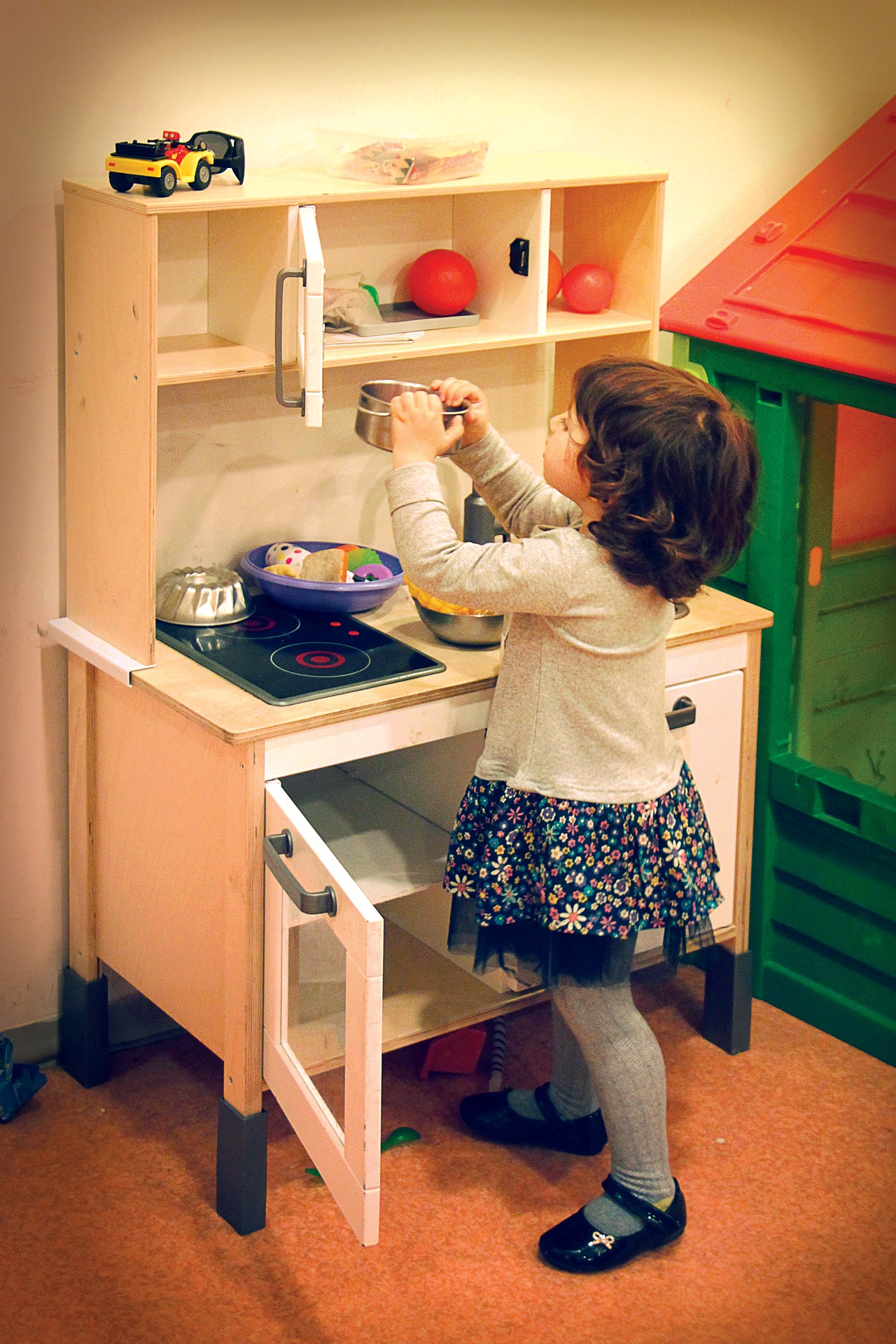Have you ever wondered how researchers determine whether a treatment works as expected? One way to achieve this goal is through intervention research. Simply put, in intervention research, scientists and medical practitioners give a new treatment (or intervention) to a group of people and measure if the outcome is different from a group who didn’t […]
Browsing Tag: Research
How do we measure young children’s vocabulary size?
When studying early childhood language, researchers often want to know children’s vocabulary size, but it can be difficult for researchers to get a truly accurate idea of what children words children know. We can’t tell what’s in their usual vocabulary just from interacting with them during a research visit, since we are only around them […]
Observing how something changes over time: longitudinal studies
Longitudinal studies, like their name, are long. Often in research, scientists are curious about how time will affect a particular aspect of life. In order to study this relationship, they might create a longitudinal study. A longitudinal study is the study of the same group of adult or child participants over a period of time. […]
Scientists can see your baby’s brainwaves! Using EEG to study language processing
Studying language through infants’ brainwaves. How babies learn language is deeply fascinating. Many experimental methods can help us understand when and how they acquire new words. In earlier posts, we discussed using behavioral methods and observational methods. A third type of method that is used to study word learning directly investigates how children’s (or adult’s) […]
How do Siri and Alexa sound so much like people and not robots? One way: formants!
Formants are used in all sorts of voice-related technology and analysis. Formants are bands of high-energy sound that occur at certain frequencies. Does this sound complicated? How about this: Have you been in a small echoey room or stairwell and noticed the echoes were stronger when you spoke or sung a certain pitch? The room […]
Scientists can’t ask babies what they think, but we can see where they look.
Where infants look can tell us what they know about the world. As any parent knows, infants cannot readily tell you what they want or need. This also means that they cannot directly express what they know. For developmental psychologists, who are often interested in what infants know when, this can be pretty challenging. So […]
Babies on their home turf: using observational methods to study development
How do scientists learn what babies know? Babies learn language from the language (or languages) they experience in the world around them. But what is early language experience actually like for babies? Observational methods can give us a glimpse into children’s everyday lives – what they hear, see, and say. One approach uses naturalistic recordings […]


